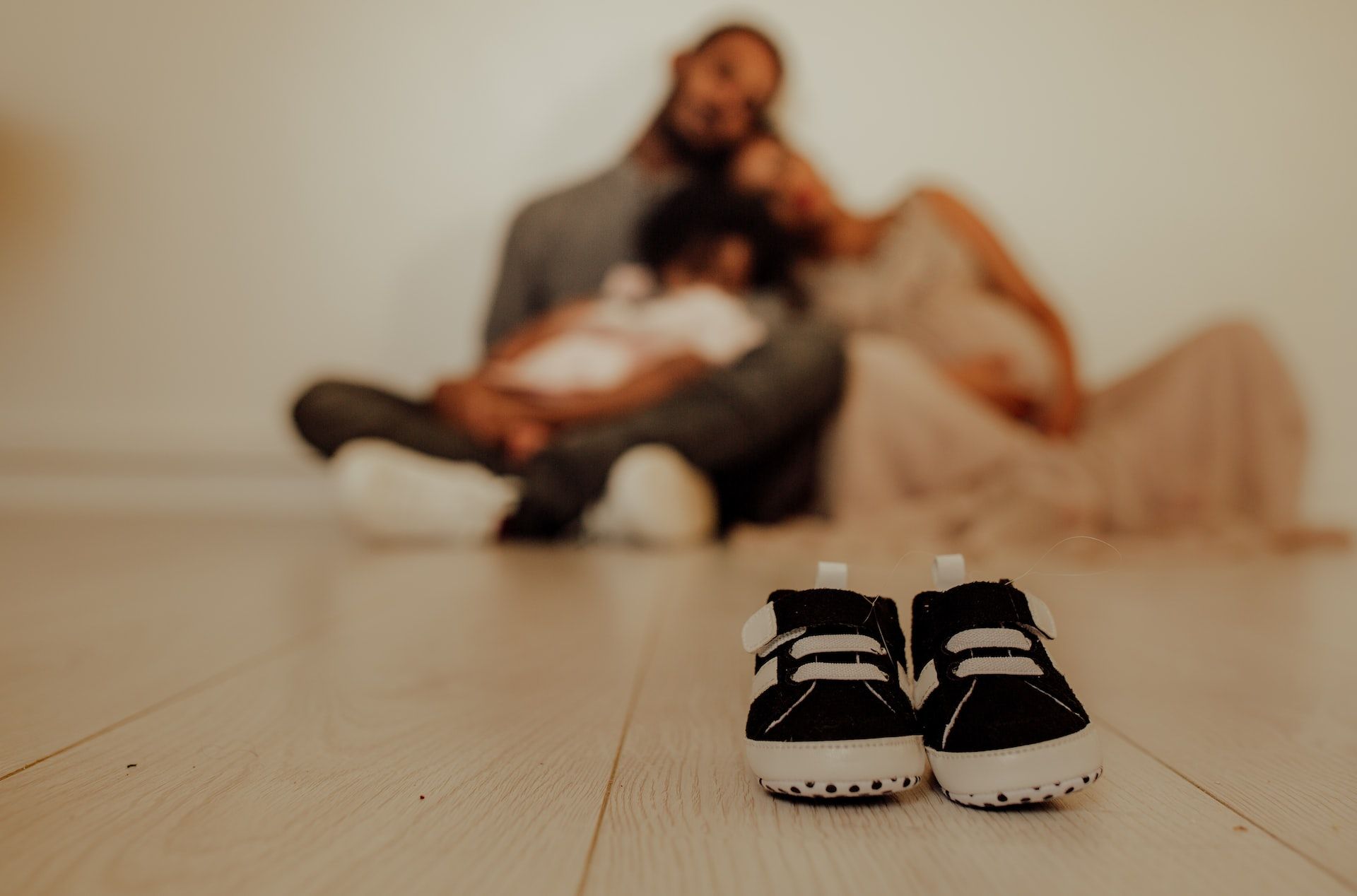This article originally appeared on Money254. Money254 helps consumers and business owners to search, compare and apply for financial products in Kenya.

A newborn will bring a lot of joy to your home and a lot of changes to your lifestyle. How you manage your time will change, and your perspective on almost everything will be different. But the most drastic change will be in your budget.
With many new expenses, new responsibilities, and new financial goals to chase, you will need to revamp your budget as soon as your child is born. And as you know by now, a budget is the foundation of any financial plan. It allows you to account for your income and control your spending, and as it is your new scenario – give your kid the best life possible.
Creating a budget (and sticking to it) is critical when you have a child, as you must plan for expected and unexpected expenses. Without it, you might end up overspending as you are not tracking or analysing where your money is going. This can ultimately push you into an unstable financial position.
This article will dive into how you can create a budget to help you pay for all newborn expenses and how you can avoid money wastage as a parent.
Revamp your budget plan
While a baby will introduce new expenses; your budget approach won't need to change. You might, however, need to make new tweaks to your spending habits in order to cater to all your kids' needs while still ensuring you are saving and investing for future goals and paying off any debt you might have. Revamping your budget allows you to avoid stretching your income more than you need to.
If you are getting started with budgeting, you can look into the 50/30/20 approach:
- 50% For Needs – This will include the housing budget, everyday household bills, and all other expenses, including childcare, diapers, formula, and other basic everyday needs for a toddler.
- 30% For Wants – This will include everything you and your baby desire. For your newborn, this will consist of new clothes as they grow daily and new toys (because they'll get bored with the ones you bought last month).
- 20% For Savings – You and your kid have a future; the earlier you start preparing for it, the better. Investing or saving a fifth of your income monthly will ensure you accomplish future financial goals, including educating your child.
Another approach you can look for when revamping your budget is the zero-based approach. This method allows you to designate a place for every shilling you earn. Simply put, this technique will enable you to account for all of your income and expenses until the net result is zero. Even the money you save or invest is accounted for as an "expense."
If you earn KSh 80,000 after taxes, your zero-based method could take such a shape.
| EXPENSE | AMOUNT |
| Rent | 27,000 |
| Utilities | 5,000 |
| Household bills, e.g., groceries, | 10,000 |
| Childcare costs | 13,000 |
| Savings and investments | 17,000 |
| Discretionary costs/clothing/entertainment, etc. | 8,000 |
| Total Amount | 80,000 |
In the example above, you've spent all your income until the net balance is zero. You can further break down each category and track where every Shilling goes. But budgeting without knowing all the new child's expenses can be challenging.
Understanding newborn expenses
A baby, as you would expect, will bring major changes to your budget. Your kid will have a lot of needs, and it won't be long before you run out of all the gifts you received from friends and family during the baby shower. When that happens, you will have to start digging into your pockets. Often.
So, what are the most common newborn expenses?
One-time expenses
1. Furniture: This includes a crib and crib mattress. When shopping for one, you want to buy one that will not only keep your kid comfortable as they sleep but one that meets all safety standards. Other furniture includes a bouncer/baby rocker, bassinet, feeding chair, and portable playing yard.
2. Safety gear: The curiosity of babies is unmatched, especially once they start moving around. Depending on how many cabinets you need to lock, how many plugs you need to cover, or how much furniture you need to anchor to keep your baby safe, you will need to spend some money buying gear to ensure your kid stays safe as they satisfy their curiosity, especially in your absence. And don't forget nanny cameras and baby monitors.
3. Cleaning and grooming: A bath gear, including an infant tub, wash clothes, towels, and baby grooming kit, will cost you a few thousand at the start. Luckily, these are not things you must buy every day.
4. Travel gear: You will have to move around with your kid; you will therefore need to buy some gear to make that easy and safe. A car seat if you have a car, strollers, and a diaper bag to carry all the kid's essentials you can’t leave behind when going anywhere.
5. Feeding gear: Breast pumps, bibs, and bottles are all things you can buy once in bulk and use them for years. However, ensure you keep them clean.
Recurring/On-going Expenses
1. Feeding: You will need to keep your kid fed, so the highest recurring costs you'll pay will include buying formula and healthy baby food. This might be costly at the beginning, but as your baby grows, it'll start eating solid food, and you can then start pureeing some of the food you have at home and feed them.
2. Diapers: You'll need to change your baby's diapers often, upwards of 5 times a day. This will be your highest recurring cost, but lucky for you, you will soon be potty training them, and you'll be done with buying diapers. Until then, ensure you buy them in bulk or consider switching to washable cloth diapers to cut costs if you have to.
3. Clothes: You will need to update your child's wardrobe as often as every three months, especially for the first two years when kids grow in size significantly. You can look for ways to save money on this by getting hand-me-downs from friends and family or shopping at thrift markets.
4. Childcare: Easily one of the most expensive recurring costs you'll be paying, especially if you and your partner have to return to work a few months after your child's birth. You will need to pay premium amounts for the best daycare or hire a nanny to watch over your little one as you are out working. You can choose to reduce these costs by extending your leave, working from home, or having a close family member like a grandparent babysit your kid.
5. Medical expenses: The clinic trips will increase, and so will your medical budget. Ensure you add your newborn child to your medical insurance policy as soon as you can. While depending on your provider, your monthly premiums will increase, you can still save way more than buying an individual policy for your child or paying medical bills out of pocket.
Saving money on newborn expenses
Whether you were financially well prepared for your baby's arrival or not, you can find yourself stressing about the expenses and finances of raising a child. It's expected when your family is growing. However, making the right financial decisions that help you save money at this juncture can help make the situation less overwhelming, and you can focus on your little bundle of joy.
Here are a few things you can do:
- Avoid the consumerism trap – Everybody around you will suggest you buy this and that item, encourage you to take certain parenting classes, purchase parenting books, and recommend different toys and other baby stuff. But you should question if you really need all that. Consider buying only the important stuff and being frugal for the extras. If you buy them, ensure they don't lead to you overblowing your budget.
- Shop with the future in mind – Your child will quickly outgrow all the items you buy. To avoid wastage, always buy stuff that babies can grow with. For example, when shopping for a stroller, buy one that can go from newborn to toddler mode. And when buying a baby rocker, don't buy a newborn size.
- Needs before wants – News flash: your baby doesn't care about trendy clothes and all the latest infant fashion accessories. As a new parent, you obviously want the cutest things for your little one, but you need to separate the needs from wants. This will help you not overspend on things you don't need.
Wrapping up
Handling all the new baby expenses can be challenging, but you can make the process less tedious if you can reassess and change your budget to reflect the new milestone you've reached. You don't have to make massive changes or cuts like dropping your entertainment budget to zero. You just need to look at your family finances and spending habits and make them reflect your current position.
As you take steps to give your newborn the perfect life, don't forget about their future and yours as well. Start saving and investing for their education early to take advantage of compound interest, prioritise your retirement planning, and keep track of your other financial goals. And that starts with having a well-defined budget that helps you account for your income.





